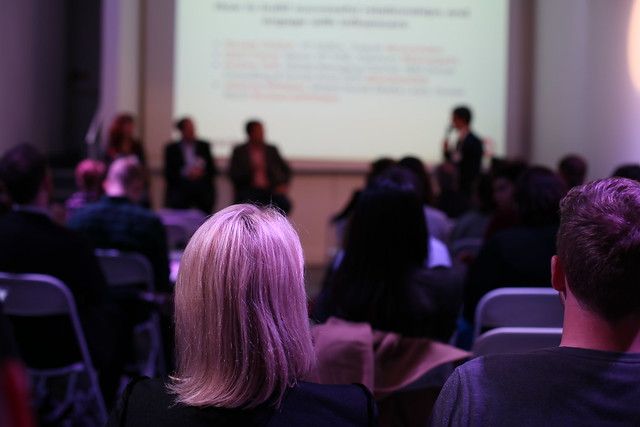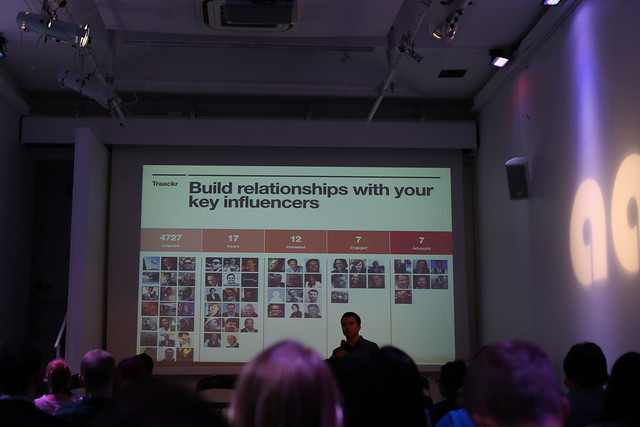Facebook and Google, Two Giants in Digital Ads, Seek More – The New York Times – Facebook combining Nielsen TV data, treating its ads like TV. and Google plays catch-up with targeting by email address. I think that this doesn’t make a lot of sense from a data perspective. But I can understand why Nielsen TV / Facebook deal was done from a commercial perspective. It will be interesting to see if any comparative data on effectiveness comes out from Nielsen TV
“Negropodamus” disses Internet of Things, predicts knowledge pills | Ars Technica – I think Negroponte gets it right on a lot of IoT applications. More related posts here.
Two HN Announcements – Y Combinator Posthaven – big move but interesting why they felt now was the right time
Volkswagen Faces Harsher Penalties Than a U.S. Company Might | NYTImes – interesting that the New York Times admits discriminatory prosecution practices against foreign firms
China’s smartphone market continues online shift | TelecomAsia – implied no carrier subsidies and probable show rooming behaviour. For handsets like Xiaomi and OnePlus this is likely to be trying a friend’s device
Valuing Vodafone | Digital Evangelist – Liberty was a joker of a bid anyway, Ian give its a more in-depth response
Sony to skip PlayStation Vita 2, blames mobile gaming for handheld’s decline | ExtremeTech – When the DS debuted and promptly tanked, I wondered if there was still a market for dedicated handhelds. Nintendo proved there was, provided you hit price points and committed to supporting it over the long term. Sony didn’t — and that fact explains far more of the difference between the two companies than all the smartphones in the world
Could Didi Kuaidi take on Uber Internationally, and Win? | SocialBrandWatch.com – probably not but it is gaining traction
Apple Is Sourcing A9 Chips From Both Samsung and TSMC | Chipworks – interesting because of the work that has to go into two different taping out processes
Google To Let Advertisers Upload And Target Email Lists In AdWords With Customer Match – not terribly surprised by this, Facebook and Twitter have done this for a good while. Sina Weibo have been doing it
The Royal Spanish Botnet Army | Motherboard – interesting article on political social media spam in Spain
The Switch – I love the idea of this Netflix switch and the way they have approached making it available
NHS Approved Health Apps Could be Leaking Your User Data | Lifehacker – which makes it harder to encourage adoption
Guess what: Millennials aren’t all the same when it comes to news consumption » Nieman Journalism Lab – not terribly surprising, though the millennials I have worked with don’t read news in the traditional sense
Smaller, Faster, Cheaper, Over: The Future of Computer Chips – The New York Times – new directions required as Moore’s Law is running out of steam
Is Android a monopoly? | The Verge – I don’t necessarily agree with the author’s argument, although I could see that you could argue consumer benefit. I could also see how the government can see clear parallels between Microsoft’s bundling policies which got them in hot water and Google’s bundling of its own services on Android
Here’s what happens in tech when the money runs dry – Business Insider – “Uber for X” or gaggle of startups that want to recreate everything their mom did for them – probably the best descriptor of many start-ups today
China Company Directors and China Criminal Liability | China Law Blog – interesting piece on the differences in Chinese company director convictions and those in the west. It’s about direct responsibility
What Happens Next Will Amaze You | Idlewords – the title is ironic, great downbeat summary on the state of the web
An NPR Reporter Raced A Machine To Write A News Story. Who Won? : Planet Money : NPR – so if machines can turn out stories where does that leave press release writing and media relations?

